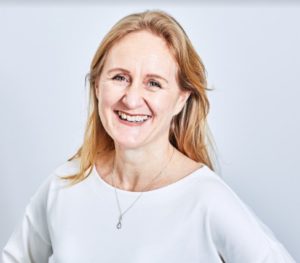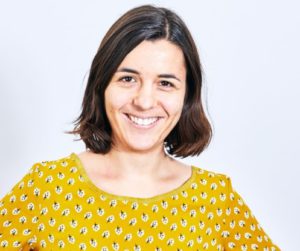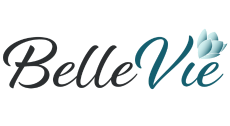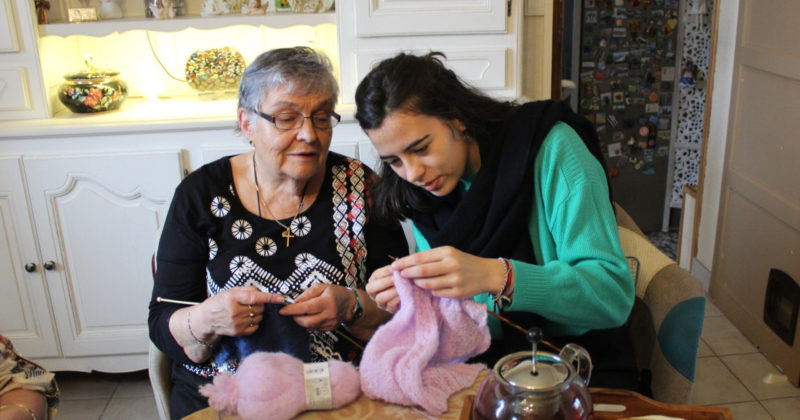International Women’s Day – Meet the founders
International Women’s Day (IWD) is celebrated annually on March 8th. It is a day to recognise the social, economic, cultural, and political achievements of women, as well as to call attention to gender inequality and women’s rights issues around the world.
It’s 2023, and this years theme is #embraceequity. It’s important to recognise the differences between equity and equality.
Equality refers to treating everyone the same, regardless of their differences or individual circumstances. This means providing equal access to education, healthcare, or job opportunities to all individuals, regardless of their socio-economic status, race, gender, or other factors.
Equity, however, recognizes that people have different needs and circumstances, and therefore require different resources and support in order to achieve a fair outcome. Equity aims to level the playing field by providing individuals with the resources and support they need to achieve the same outcomes as others, despite their differences.
BelleVie and the future of care
At BelleVie, we aim to support all our colleagues and the people we support to thrive. We hire based on values, and strive to find people who live and breathe these values.
Not only do we champion equality and diversity in regards to gender, race, and background. But we also take pride in breaking stereotypes related to age. Our vision is a world where people who give and receive care and support are valued and thrive together.
Gender norms and expectations also influence the experiences of workers in social care jobs. Women in these jobs may face gender-based discrimination, such as unequal pay, lack of career advancement opportunities, and bias against their caregiving skills. On the other hand, men who work in social care may face stigma and discrimination for working in a field that is traditionally seen as “women’s work.”
Historically, social care jobs have been seen as “women’s work,” and the majority of workers in these fields have been women. This has led to gender segregation in the labor market, where women are concentrated in lower-paying and less-prestigious jobs, including those in social care which are mostly underpaid and undervalued.
Co-founders Trudie and Violaine founded BelleVie with a vision to create a new future for care and support work. They were initially introduced due to their shared passion for fair employment. As a result, they decided to focus on making support work the rewarding career that it should be for people of all backgrounds.
Meet the founders
Trudie Fell CEO

Trudie experienced the reward of care work while supporting her studies. She has a PhD in medical science and extensive experience in technology and business where she built and led self-organising teams. Having seen the positive effect on productivity and employee well-being she is applying these same principles to the undervalued care industry.
Q: Can you describe your vision for BelleVie in one sentence.
A: BelleVie’s vision is a world where people feel valued and thrive.
Q: What does it mean to be a female entrepreneur and have you faced any challenges?
A: For me, being an entrepreneur has been life changing, and in a very positive way. There are far fewer female entrepreneurs than men, and the overwhelming majority of investors are male. 17% of all UK companies are led by women, but only attracted 12% of 1.3m investments made in UK firms. The data shows that it’s harder for women to raise investment than men. But this doesn’t make sense because the data also shows that women-founded start-ups are more successful! People feel more comfortable investing in what they know, which is why it’s important that more work is done to level the playing field and support more women into both entrepreneurship and investing. I’m positive that the investor who changed his mind about investing in BelleVie immediately after finding out we were Mums would not have made the same U-turn if we were male. However, I feel positive about the future. Women are starting more companies than ever before; 37% more year on year. BelleVie, founded by two women and with 85% of our colleagues female, has successfully attracted a great set of investors who believe in us and BelleVie’s vision.
Q: Do you think gender plays a role in the social care industry? How do you think this needs to change?
A: Caring roles have often been labelled as “women’s work”, which is an insult to the many amazing male carers out there. Women have had to, and are still, fighting hard for pay equality. I am in no doubt that one of the reasons the care sector has historically been low paid, is because it has a predominantly female workforce. BelleVie’s mission is to reinvent the future of work in care. This means creating great, well paid jobs; we want to break stereotypes – encouraging more men into this rewarding career, and changing how care work is perceived and valued on behalf of all the women and men working in care.
Q: How are you using technology and innovation to meet your vision and overcome problems faced in social care.
A: For the 17 years before founding BelleVie I worked in the predominantly male world of IT, starting out as a software engineer and more recently successfully leading multi-million pound IT projects. I’m passionate about technology, but I’m also very aware that to build great technology you have to put people, the end users, first. We’ve applied that principle at BelleVie, developing the processes and behaviours for self-managing teams first, focussed on building a people-positive culture, and then building a tech platform to enable and scale those ways of working. I’m very proud of the Wellbeing Operating System (OS) that BelleVie has built, with the frameworks and guidelines for self-managing teams together with our bespoke tech platform – our Team Hub. Our tech team works closely with our Wellbeing Support Workers to get their insight and feedback, releasing code every two weeks on the back of their joint learnings. Everything we develop needs to do at least one of two things 1) allow carers to spend more time caring, or 2) enable BelleVie to support more people. The care sector has been slow to digitise, with 60% of care providers still reliant on paper records. We’re taking the best software engineering practice learnt in other sectors and applying it to a sector which deserves the benefits that tech can bring.
Q: Do you feel women face challenges in STEM fields? How do you feel women are represented at BelleVie?
A: I loved my science PhD, and thoroughly enjoyed working in IT, and wish that STEM fields were more diverse and inclusive so that everyone has an opportunity to thrive. During my 17 years working in IT, I was often the only woman in the room. While working at a UK Telco I founded their first ever diversity initiative – a Women in Tech community. I saw first hand how improving diversity (in every way, ultimately in diversity of thought) positively impacted an organisation’s culture and business outcomes. I’m a big fan of the social enterprise STEMettes, who organise free, fun and food-filled events for school girls to show them that STEM subjects can be for them. At BelleVie we love challenging stereotypes! I’m very proud that the most recent software engineer to join our tech team is female; and that our board of directors is 50% female.
In a sentence what does IWD mean to you?
A: For me, IWD is a time to celebrate the awesome work of women around the world, but also to recognise that more needs to be done to achieve parity and make society better for all of us, men and women.
Violaine Pierre COO

Violaine brings her experience in business development and operations, as well her passion for companies shared ownership and building thriving work environment. She implemented several projects for the World bank and UNICEF and co-founded the social enterprise visit.org.
Q: Can you describe your vision for BelleVie in one sentence.
A: BelleVie wants to create a world where people are valued and thrive. That’s our vision, that’s the reason Trudie and I co-founded BelleVie.
Q: What does it mean to be a female entrepreneur and have you faced any challenges?
I have co-founded two companies, and I have been lucky each time to work alongside great co-founder, colleagues and investors. The main challenges that I have experienced as an entrepreneur because of my gender is fundraising, with comments and behaviour from some investors that is really not appropriate and undermined my confidence. But thanks to the support I got from advisors, coaches and co-founders, I was able to re-gain that confidence and we have successfully raised funds.
Q: Do you think gender plays a role in the social care industry? How do you think this needs to change?
The social care industry is a very female one, with a vast majority of workers being females; around 82% of the adult social care workforce is made up of women. It suffers from being undervalued by our societies, not only in the UK but most countries. The skills needed for this role are what has been called “soft” skills such as empathy, communication and compassion, which tend to be seen as “female” skills, less valued. There has been an history in our societies of valuing “hard” skills over soft skills, while I believe soft skills are essential, and needs to be considered and rewarded better. Not everyone can be Wellbeing Support Workers, we have a very thorough recruitment process.
In a sentence what does IWD mean to you?
IWD means to me: it’s an opportunity to highlight challenging women are facing, and to share the stories of how those challenges are overcome, to generate more role models, and to encourage more people, men and women, to challenge their own behaviours and mindsets to create a more inclusive world where women and men can thrive and be equally valued and rewarded.

